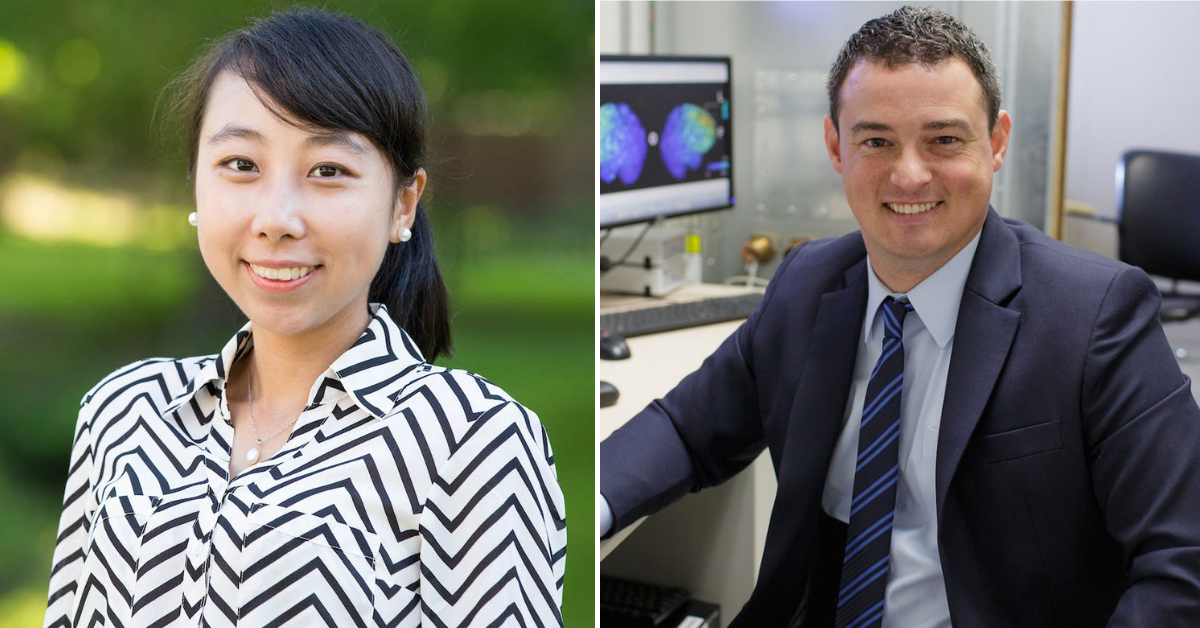University of Florida researchers studying the use of a noninvasive brain stimulation treatment paired with cognitive training have found the therapy holds promise as an effective, drug-free approach for someday warding off Alzheimer’s disease, cognitive decline and other dementias.
“By pairing these two techniques, electrical stimulation and cognitive training, we have the potential ability to enhance the efficacy of this intervention. And, at the end of the day, this moves us closer to our goal of enhancing cognition as we age,” said Dr. Adam Woods, associate director of the Center for Cognitive Aging and Memory at UF’s Evelyn F. and William L. McKnight Brain Institute.
With the support of a $2.9 million grant from the National Institute on Aging, the UF researchers will use artificial intelligence technology to design a customized method for providing deep brain stimulation with the best possible outcome. Using artificial intelligence allows the researchers to overcome the past challenge of individual differences in anatomy that has made it difficult to determine the optimal dosing for the treatment known as transcranial direct current stimulation, or tDCS, which is delivered by a safe and weak electrical current passed through electrodes placed on a person’s head.
“Our final goal is to design a personalized strategy through precision medicine so that every individual will have a tailored intervention strategy,” said Dr. Ruogu Fang, principal investigator.
Dr. Fang and Woods’ research was recently featured in segments on WCJB-TV (ABC) in Gainesville and Miami TV-10.
Learn more about the research on the University of Florida MBI website.


